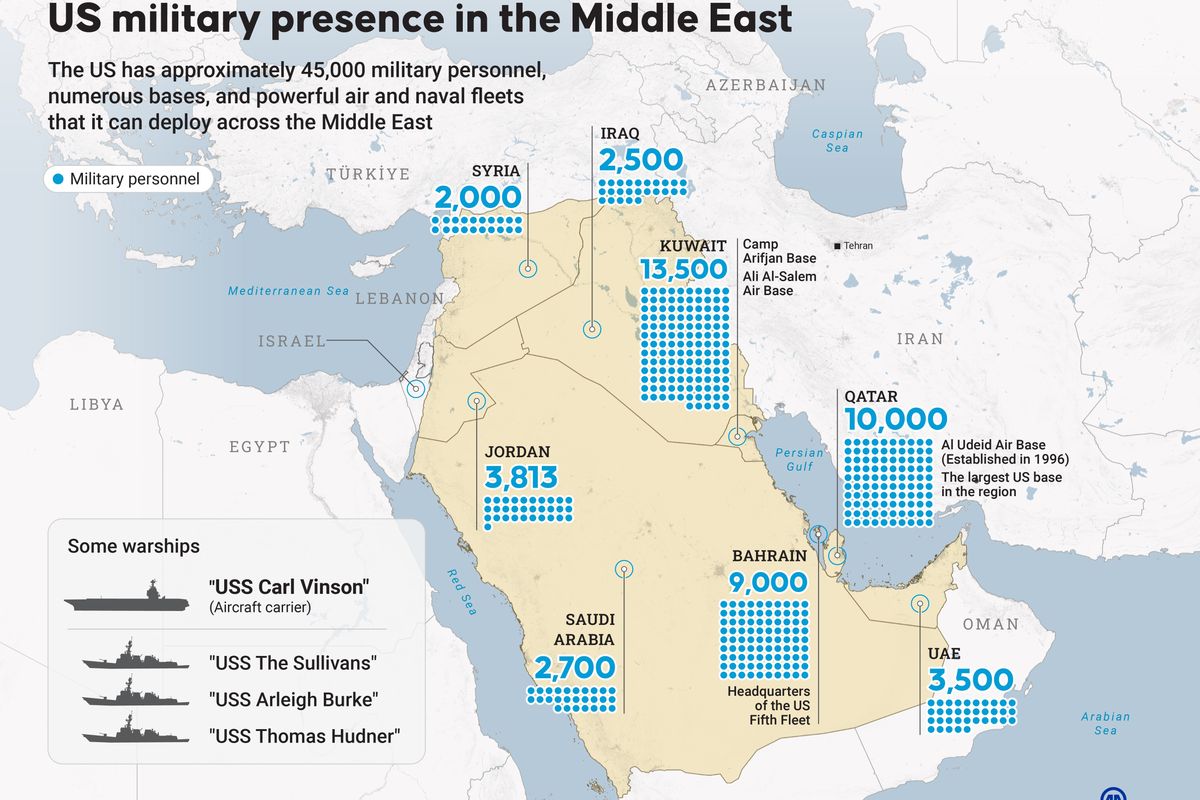CIPHER SNAPSHOT: Turkey is a critical country for U.S. interests. Recent developments in Turkey’s domestic politics, economic outlook, and foreign policy have significant ramifications for U.S. stakeholders.
Domestic Politics
Turkey’s parliamentary elections in June yielded surprising results when the ruling Justice and Development Party (AKP), headed by President Recep Tayyip Erdogan, only received 41 percent of the vote. This marked the first time since 2002 that the AKP failed to win an outright majority in the Turkish parliament.
A key reason for the decrease in AKP votes was the rise of the pro-Kurdish alliance, the Peoples’ Democratic party (HDP), which collected 13 percent of the vote. The main opposition party, the center-left Republican People’s Party (CHP), came in second place with 25 percent of the vote.
These results would now force Erdogan to form a coalition government in order to achieve his goal of amending the Turkish Constitution. Erdogan wants to alter the country’s constitution and bolster the powers of the presidency—a move many fear would put Turkey on a path toward authoritarianism.
To date, the Turkish government has failed to form a coalition, forcing a political stalemate and a new round of snap elections scheduled for November 1, 2015. In light of this political deadlock, Erdogan’s policies have come under intense scrutiny with his every move being construed as a maneuver to secure votes for the AKP in the upcoming election.
Economy
The U.S.-Turkey economic relationship peaked in 2011 with an estimated $20 billion in trade between the two countries. Since then, annual U.S.-Turkey trade has plateaued at around $19 billion. Economic reforms could reignite Turkey’s growth and stimulate additional foreign investments.
According to a recent report published by the U.S. Chamber of Commerce’s U.S.-Turkish Business Council, leading U.S. exports to Turkey include steel and other intermediate goods, aircraft and industrial machinery, petroleum and coal, and agricultural commodities. The study also touched on potential investment opportunities in Turkey’s construction, hospitality, and aviation sectors. Presently, there are more than 1,400 American businesses operating in Turkey, among them corporate giants such as Ford, GE, Coca-Cola, and Hilton.
Investors, however, have become wary of buying into Turkey’s economy. Cenk Sidar and Emre Tunclap of Sidar Global Advisors explain that such concerns are grounded in uncertainty surrounding Turkey’s political direction. “Foreign investors and observers are growing increasingly nervous about the increasingly authoritarian nature of President Erdogan and the AKP government,” said Sidar and Tunclap.
Foreign Policy
In July Turkey agreed to allow the U.S. to launch airstrikes against ISIS from its Incirlik Air Base, located 62 miles from the Syrian border. The U.S. has since deployed six F-16s and 300 airmen to Incirlik and Turkey also conducted its first air raids against ISIS last month. As part of the agreement, the U.S. and Turkey introduced a plan to create an “extremist free,” 60-mile buffer zone along the Turkish–Syrian border.
At the same time, the Turkish government has seized the opportunity presented by regional instability to pursue its own agenda and continue its longstanding effort to combat the Kurdish PKK movement. Starting in July, Turkish forces have repeatedly carried out airstrikes against the PKK based in Southeast Turkey and Northwest Iraq. This spate of violence was initiated by the ISIS-linked bombing at the Suruc Cultural Center near the Turkish-Syrian border, in which 32 volunteers were killed and more than 100 injured. In retaliation, the armed-wing of the PKK killed two Turkish policemen, and the Turkish military responded with airstrikes, triggering the current cycle of violence between the PKK and the Turkish government.
Despite these events, Senior State Department official Brett McGurk was quick to downplay concern that escalation between Turkey and the PKK may complicate the recent U.S. deal with Turkey. According to McGurk, “There is no connection between these airstrikes against PKK and recent understandings to intensify U.S.-Turkey cooperation against ISIL.”
Bennett Seftel is an analyst with The Cipher Brief













